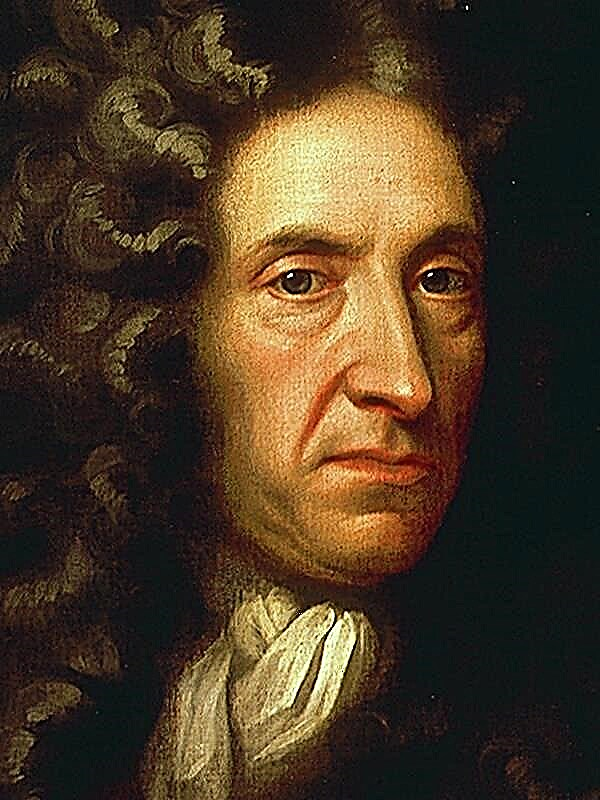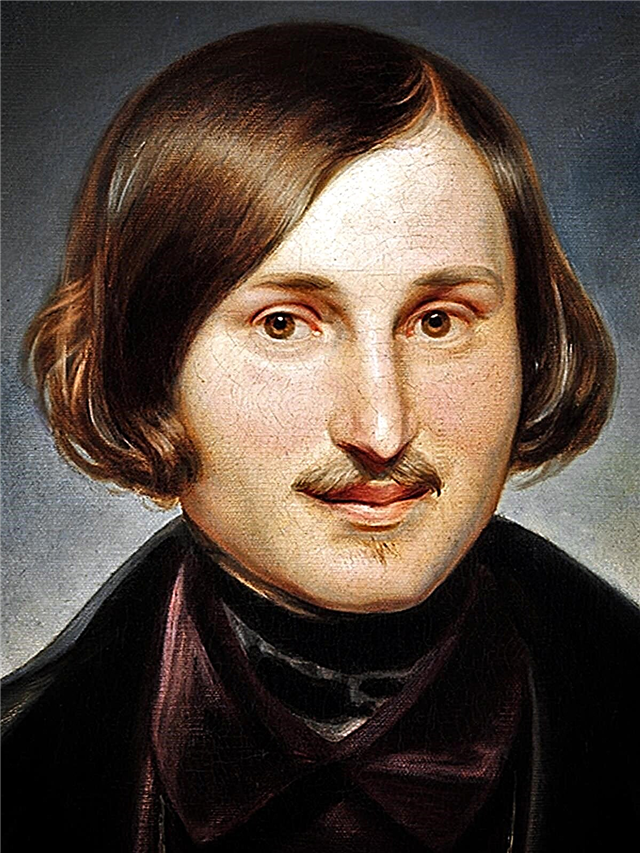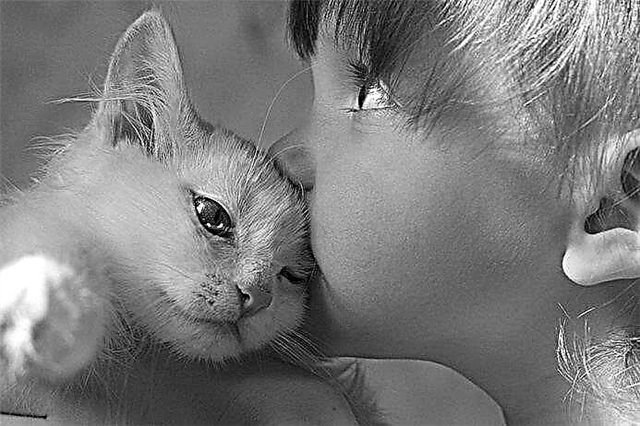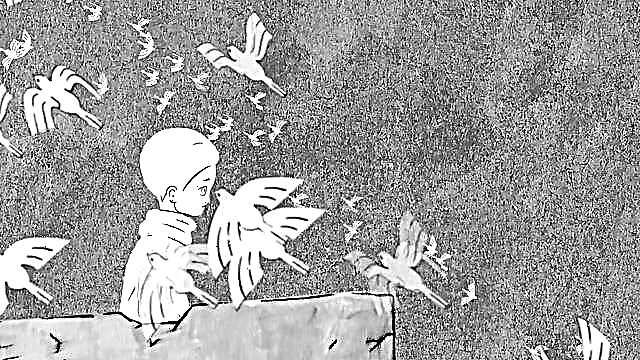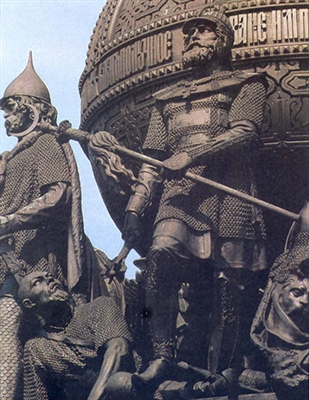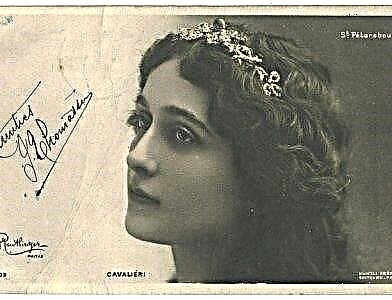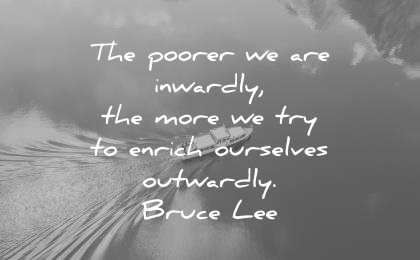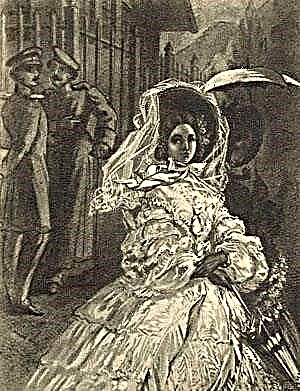This most extensive of the sagas about the hero of the Irish epic, Kuhulin, is sometimes called the "Irish Iliad." It is dominated by the theme of war between the Ulad and the Connaught. The reason for the war was the abduction at the behest of Medb, the Queen of Connaught, a beautiful brown bull of divine origin, belonging to one of the Uladas. Having captured this bull, Medb hoped to surpass the wealth of her husband Aylil, who had a beautiful white-headed bull. Medb started the war at a time when all the settlements, with the exception of Kuhulin, were struck by a magical disease - an incomprehensible weakness. Kuhulin took a position at one ford and forced the enemy warriors to engage in battle with him one at a time.
This situation is a kind of technique for highlighting the hero, who is the protagonist of the story. This is the difference between the saga and the Homeric Iliad, since Achilles’s departure from the battle makes it possible, without violating the continuity and integrity of the epic, to show the exploits of other heroes and include many plots in the work. In “Kidnapping a Bull from Kualnghe”, a significant part of the epic material is introduced into the text in the form of inserts, interpolations, stories of other characters, which to a certain extent interferes with achieving organic unity of a large epic form.
Kuhulin enters fights with enemy heroes. Only Teacher Kuhulin - Fergus, who joined the service of Medb, managed to avoid such a skirmish. He persuaded Kukhulin to flee from him voluntarily, so that the next time he, in turn, would run away from Kukhulin and take the whole army with him. Only for three days the emaciated hero is replaced at the ford by the god Lug in the form of a young warrior. The warlike fairy Morrigan also offers her help to Kukhulin, and when Kukhulin rejects her, she, turning into a cow, attacks him herself. Thus, mythological creatures interfere in the struggle, but its outcome is entirely determined by Kuhulin's heroism.
Kuhulin also has to fight with his sister Ferdiad (they once studied together with the witch Skatach) - a powerful hero with horn skin, like the hero of German legends Siegfried. It was Medb who, by the power of his spells, forced him to speak out against Kuhulin. During a night's rest after the battles, the warriors friendly exchange of food and healing potions, their charioteers sleep nearby, their horses graze together in the meadow. On the third day of the match, Kukhulin uses the famous “horned spear" technique for him alone and kills Ferdiad. After the death of a friend, he, however, falls into despair: “Why now do I need all the strength of spirit? Longing and madness took possession of me Before this death, which I caused, Above this body that I defeated. "
The duel with Ferdiad is the culmination of the story. Soon the spells are dispelled, the disease in the villages disappears, and they engage in battle. And Fergus, fulfilling his promise, flees from the battlefield, dragging the Connaught troops behind him. A brown bull from Kualnga kills a white-headed bull and rushes along the Connaught land, carrying horror and devastation, until it itself is smashed to death on a hill.The war becomes aimless, the warring parties make peace: the Uladies get a lot of booty.
In other sagas of this cycle - “The Birth of Kukhulin”, “Matchmaking to Emer”, “Disease of Kukhulin”, “The Death of Kukhulin” - fairy tale motifs are also clearly expressed. Kukhulin is either the son of the god Luga, from whom Dehtir conceived by swallowing an insect with a sip of water, or the son Dekhtir from her connection with his brother - the incest motif is characteristic of mythological legends and legends about the first kings, heroes, heroes, in other words, about the ancestors and leaders different tribes.
The saga of the death of Kuhulin is one of the most beautiful. Kuhulin fell victim to his own nobility and treachery of his enemies. He eats the dog meat offered to him and thereby violates the taboo - the ban on eating meat from his "cousin" of the animal. Kuhulin cannot allow the Connaught druids to sing a “wicked song,” a witchcraft spell against his clan and tribe, and therefore throws the spear three times ahead with a shaft, from which, according to the prediction, he should die. The spear kills the driver first, then the horse, and then the hero. Women of the Uladas see Kuhulin's spirit soaring in the air with the words: “Oh, Emain Maha! Oh, Emain Maha - the great, greatest treasure! ”
We find in the epic words full of deep meaning that characterize the tragic destiny in the fate of each person, it is not for nothing that the people say “almost always the best die”, and in one of the sagas we read: “There were three flaws in Kuhulin: what he was too young, that he was too brave, that he was too beautiful. "

